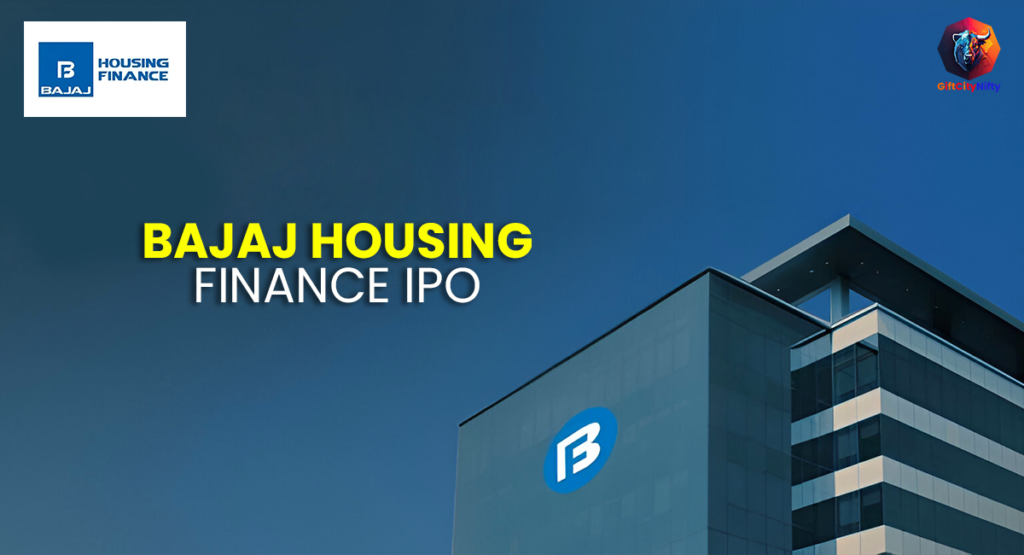Bajaj Housing Finance Limited‘s upcoming IPO is generating significant interest in the Indian market, largely due to its scale and opportunities for investors. One crucial aspect of this IPO is the shareholder quota, reserved for those who held shares in the parent companies, Bajaj Finance or Bajaj Finserv, as of the record date.
The record date for the Bajaj Housing Finance IPO shareholder quota is 31st August 2024. This date is vital because it determines who is eligible to apply under this preferential category. If you held shares in either Bajaj Finance or Bajaj Finserv by the end of the trading session on 30th August 2024, you qualify to apply under this quota. This gives long-term investors an advantage, as it ensures that those who have supported the parent companies over time can benefit from the new offering.
The IPO is set to open for subscription on 9th September 2024 and will close on 11th September 2024. The price band has been set between ₹66 to ₹70 per equity share, with a total of ₹6,560 crore being raised. Of this, ₹3,000 crore is reserved for the Offer for Sale (OFS), and ₹3,560 crore will come from the issuance of fresh shares.
Investors interested in this IPO should note the rising grey market premium (GMP), which stands at ₹55 per share, indicating strong market demand. With its robust financials and strategic market position, Bajaj Housing Finance’s IPO is poised to be one of the most significant offerings of 2024. However, as always, potential investors should perform due diligence and consult with financial experts before making investment decisions.
Understanding the Significance of the Record Date

The record date is a critical factor for investors looking to participate in the IPO under the shareholder quota. It essentially acts as a cutoff date, determining which shareholders are eligible for this preferential allotment. Only those who were shareholders of Bajaj Finance or Bajaj Finserv as of 30th August 2024 are entitled to apply under the shareholder quota.
The record date ensures that the preferential treatment is given to long-term investors who have supported the parent companies, rather than short-term traders looking to capitalize on the IPO.

